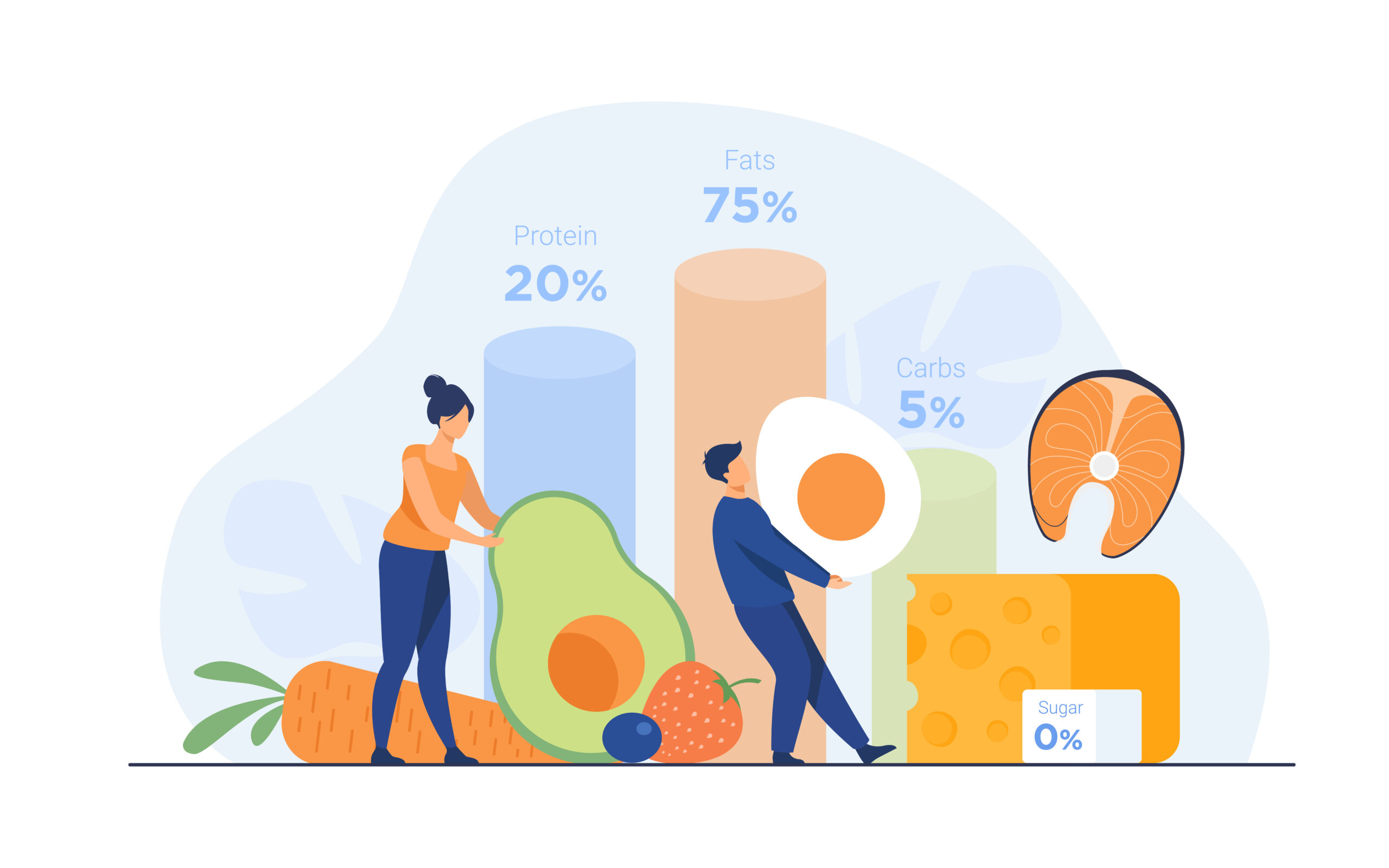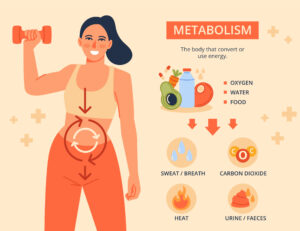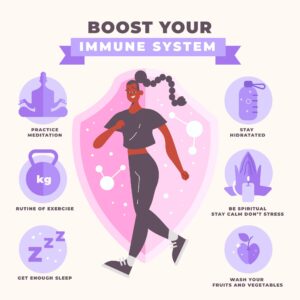Introduction to 1200 Calorie Diet
Starting a path toward a healthier lifestyle frequently commences with alterations to one’s diet. Among the various approaches, the 1200-calorie diet stands out as a popular choice for individuals looking to manage their weight and improve overall well-being.
Table of Contents
Understanding the Basics of Calories
What are calories?
Calories represent the energy content present in both food and beverages. They provide the fuel necessary for bodily functions, including breathing, digestion, and physical activity.
How are calories measured?
Calories are typically measured using a unit called kilocalories (kcal) or simply calories. The number of calories in a particular food or drink is determined by factors such as macronutrient content (carbohydrates, proteins, and fats) and portion size.
Why Choose a 1200 Calorie Diet?
The decision to adopt a 1200-calorie diet is often motivated by a desire to achieve specific health and wellness goals.
Weight loss benefits
One of the primary reasons individuals opt for a 1200 calorie diet is its effectiveness in promoting weight loss. By creating a calorie deficit—consuming fewer calories than the body expends—individuals can shed excess pounds over time.
Health benefits
In addition to weight loss, a 1200 calorie diet may offer various health benefits, including improved blood sugar control, reduced risk of chronic diseases such as diabetes and heart disease, and enhanced overall vitality.
Building a Balanced 1200 Calorie Meal Plan
Crafting a well-rounded meal plan is essential for success on a 1200 calorie diet.
Recommended food groups
A balanced 1200 calorie meal plan should include a variety of nutrient-dense foods, including fruits, vegetables, lean proteins, whole grains, and healthy fats. These foods provide essential vitamins, minerals, and antioxidants necessary for optimal health.
Portion control
In addition to food choices, portion control plays a crucial role in a 1200 calorie diet. Measuring serving sizes and being mindful of calorie intake ensures that individuals stay within their daily calorie allowance.
Tips for Success on a 1200 Calorie Diet
Achieving success on a 1200 calorie diet requires commitment and strategic planning.
Meal prep and planning
Preparing meals in advance and planning menus for the week can help individuals stay on track with their calorie goals and resist the temptation of unhealthy options.
Staying hydrated
Drinking an adequate amount of water is essential for overall health and can also help manage hunger and prevent overeating.
Incorporating exercise
While diet plays a significant role in weight loss, incorporating regular physical activity can further enhance results and promote overall fitness and well-being.
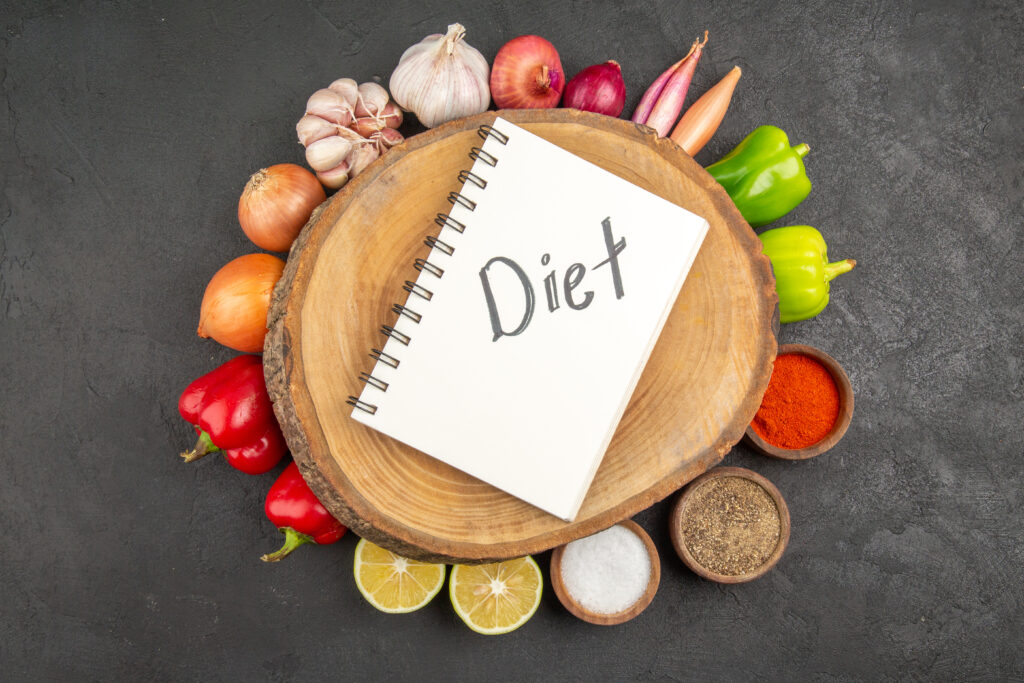
Potential Risks and Considerations
While a 1200 calorie diet can be effective, it’s essential to consider potential risks and limitations.
Nutrient deficiencies
Restricting calorie intake to 1200 calories per day may increase the risk of nutrient deficiencies if not carefully planned. It’s crucial to prioritize nutrient-rich foods and, if necessary, consider supplementation.
Monitoring hunger levels
Listening to hunger cues and ensuring satiety is important on a 1200 calorie diet. Ignoring hunger signals can lead to overeating or unhealthy food choices.
Sample 1200 Calorie Meal Plan
To provide practical guidance, here’s a sample meal plan for a day on a 1200 calorie diet:
Of course! A “Sample 1200 Calorie Meal Plan” provides a detailed outline of what to eat throughout the day to meet a target daily calorie intake of 1200 calories. Here’s a more detailed explanation:
**Calorie Calculation**:
The meal plan is designed to provide a total of 1200 calories per day, which is typically lower than the average daily calorie intake for most adults. This calorie level is chosen with the goal of promoting weight loss or maintaining a healthy weight.
**Meal Frequency**:
The meal plan typically includes three main meals (breakfast, lunch, and dinner) and one to two snacks. Spreading out meals and snacks throughout the day helps to regulate hunger and maintain energy levels.
**Meal Frequency**:
Each meal and snack in the plan is carefully balanced to include a mix of carbohydrates, proteins, and fats. This balance ensures that the body receives essential nutrients while also promoting satiety and preventing blood sugar spikes and crashes.
**Balanced Macronutrients**:
Portions sizes are controlled to ensure that each meal and snack aligns with the target calorie intake of 1200 calories per day. Carefully regulating portion sizes is crucial for effectively managing calorie consumption and avoiding excessive eating.
**Portion Control**:
Portions sizes are controlled to ensure that each meal and snack aligns with the target calorie intake of 1200 calories per day. Carefully regulating portion sizes is crucial for effectively managing calorie consumption and avoiding excessive eating.
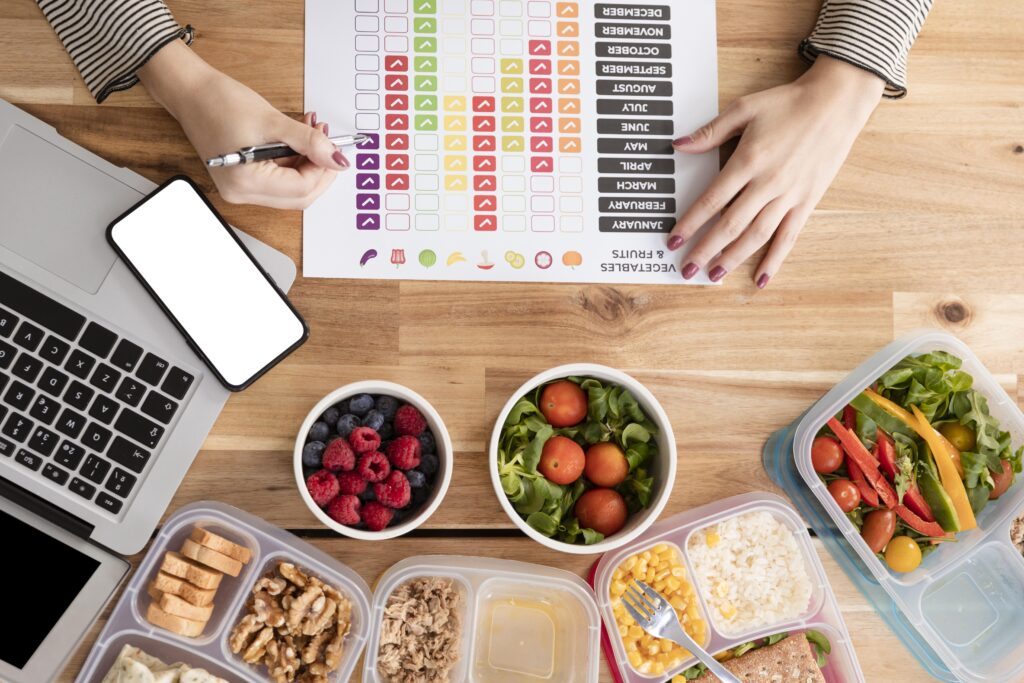
**Food Choices**:
The meal plan emphasizes nutrient-dense foods such as fruits, vegetables, lean proteins, whole grains, and healthy fats. These foods provide essential vitamins, minerals, and antioxidants while also supporting overall health and well-being.
**Meal Variety**:
The meal plan includes a variety of foods to prevent boredom and ensure nutritional adequacy. Variety also helps to meet different taste preferences and dietary needs.
**Fluid Intake**:
Adequate hydration is encouraged throughout the day by including water and other calorie-free beverages in the meal plan. Staying hydrated supports overall health and helps to control appetite.
**Customization**:
While the meal plan provides a general framework, it can be customized to meet individual preferences, dietary restrictions, and nutritional needs. Flexibility allows for substitutions and adjustments based on personal preferences and lifestyle factors.
Overall, a sample 1200 calorie meal plan serves as a practical guide for individuals looking to manage their calorie intake while still enjoying balanced and satisfying meals. Following such a plan can help promote weight loss, improve overall health, and establish long-term healthy eating habits.
Success Stories and Testimonials
Many individuals have experienced success with a 1200 calorie diet, achieving their weight loss and health goals. These success stories serve as inspiration and motivation for others embarking on a similar journey.
Frequently Asked Questions (FAQs)
What foods should I focus on in a 1200 calorie diet?
A 1200 calorie diet should prioritize nutrient-dense foods such as fruits, vegetables, lean proteins, whole grains, and healthy fats.
Is it safe to follow a 1200 calorie diet long-term?
While a 1200 calorie diet can be effective for short-term weight loss, it may not provide sufficient calories for long-term health and sustainability. It’s Before embarking on any restrictive dietary regimen, it is vital to seek guidance from a healthcare professional.
Can I customize my 1200 calorie meal plan based on dietary restrictions?
Yes, it’s possible to customize a 1200 calorie meal plan based on individual dietary preferences and restrictions. Seek personalized guidance from a registered dietitian for tailored advice.
How quickly can I expect to see results on a 1200 calorie diet?
Weight loss results on a 1200 calorie diet can vary depending on factors such as starting weight, metabolism, and activity level. Generally, individuals may start noticing changes within a few weeks of consistent adherence to the plan.
Are cheat meals allowed on a 1200 calorie diet?
Occasional indulgences are acceptable on a 1200 calorie diet, but moderation is key. It’s essential to strike a balance between enjoying treats and maintaining overall calorie control.
In conclusion, a 1200 calorie diet can serve as a roadmap to a healthier, happier you by promoting weight loss, improving health markers, and fostering sustainable lifestyle changes. By following a balanced meal plan, staying mindful of portion sizes, and incorporating healthy habits, individuals can embark on a journey towards better health and well-being.
